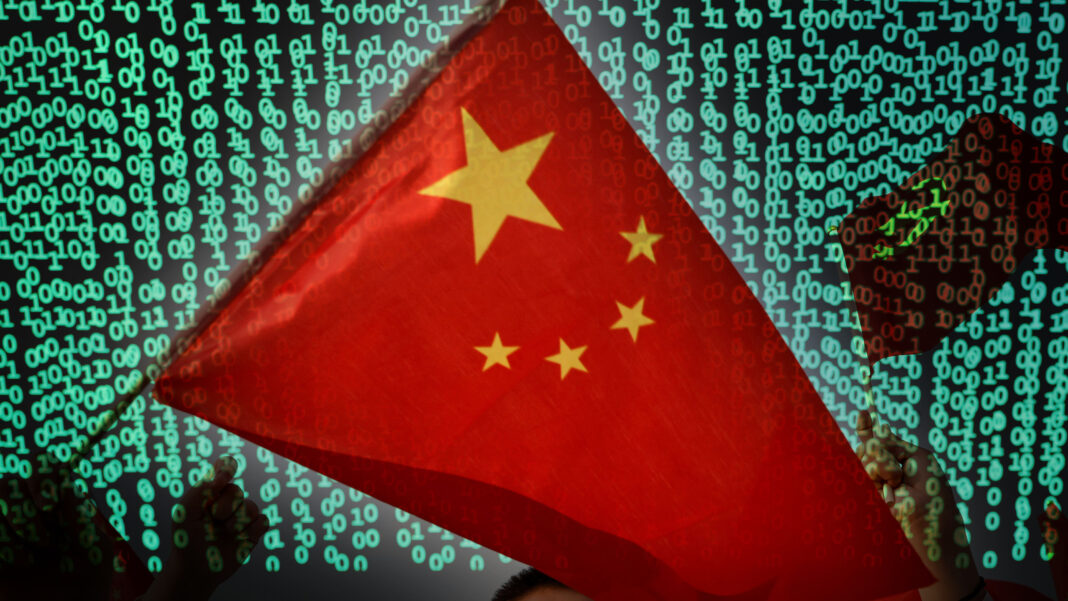A recent study by the Washington-based Brookings Institution has found that China is manipulating search engine results to spread propaganda and to stop negative news related to the country from appearing in the search results.
The study titled, “How China uses search engines to spread propaganda”, states that China was using the search engines as a crucial tool in their information warfare. The study, conducted over a four-month time period, found that China significantly exploited search engine results on two topics, “Xinjiang” and “Covid 19”, subjects that its political leadership is very sensitive about.
According to the Brookings researchers—who focused on five different sources Google Search, Google News, Bing Search, Bing News and YouTube—users who would use any of these mediums to look for information related to Xinjiang or the origin of Covid pandemic, were likely to “encounter articles on these topics published by Chinese state-media outlets”.
To evaluate the prevalence of content created by Chinese state media that appears in the search results, the researchers developed a list of 12 key terms related to “Xinjiang” and “Covid-19” and then tracked the extent to which these terms returned search results curated from Chinese state media.
The result was analyzed for the period between 1 November 2021, and 8 February 2022. During these 120 days, around 21.5% engine results for terms linked to Xinjiang and Covid-19 showed content from Chinese state media. One fourth of top results on YouTube, too, featured China state-backed accounts.
“For users looking to educate themselves on events in Xinjiang or about Covid-19, this meant that it was likely that at least some of the information they consumed would come from Chinese state media.
By prominently surfacing this type of content, search engines may play a key role in Beijing’s effort to shape external perceptions, which makes it crucial that platforms—along with authoritative outlets that syndicate state-backed content without clear labeling—do more to address their role in spreading these narratives,” the researchers noted.
According to them, Beijing has exploited search engine results to disseminate state-backed media that amplify the Chinese Communist Party’s propaganda. The researchers found that even benign, neutral terms for a search query resulted in Chinese state media coming up prominently.
“Beijing was remarkably effective at influencing the content that surfaces for the neutral and widely used term ‘Xinjiang’. Over the 120-day period, the term returned Chinese-state media in top results in 88% of News searches and 98% of YouTube searches. These results demonstrate how easy it is for users to stumble across state-backed content even when conducting a seemingly neutral search.”
Even search results for conspiratorial terms yielded a high volume of state-driven content. Terms like “Xinjiang debunked” and “Xinjiang terrorism” returned at least one result on the first page from Chinese state media across web, news, and YouTube searches nearly every day.
“On average, more than half of all search results for the term ‘Xinjiang debunked’ and one third of all search results for the term ‘Xinjiang terrorism’ originated from Chinese-state media each day. In each of these cases, search results were dominated by state-backed propaganda that regularly supplied content referencing these loaded search terms,” the researchers found.
The Chinese agencies behind manipulating these contents, have not limited themselves to “defensive actions”, but have attained mastery over pushing content that damages their strategic competitors like the United States.
“On YouTube, searches for the term ‘Fort Detrick’, a US military research laboratory that CCP propaganda has claimed was the origin of the Covid-19 virus, regularly returned state-backed content. In total, 619 videos from Chinese state media appeared in the top 10 results. Similarly, Chinese state media appeared on the first page of search results for news searches for the term ‘Unit 731’—a biological research unit located in Japan-occupied China during WWII and a subplot in China’s efforts to connect origins of Covid-19 to Fort Detrick—every single day of data collection,” the report states.
The experts at Brookings Institution have suggested that to counter this propaganda warfare, search platforms should give users more information about search results, including clear labels for state domains.
“Search engines could expand the use of warning labels to situations where the quality of results may be lacking, including for example, when a small number of sources dominate search results. To address challenges inherent to hosting, reposting, and syndication of state-backed media, publications that partake in these practices should at minimum enhance disclosures and labels to better inform audiences about the sources of this syndicated information. Authoritative outlets should also reconsider arrangements with state-backed media outlets lacking editorial independence. The search engines should expand the practice of labeling the websites of state media, agencies, and officials in search results, which provide important context to users,” the report recommended.
“Provide notice to users when result quality is suspect, as Google has done for breaking news events, including for searches for contested terms or topics that are a battleground for search result dominance. Provide information on how ranking decisions regarding state content are assessed and made—including whether factors that lead to deranking (as in the case of Russian state media and Google) may have implications for content produced by other states.”

